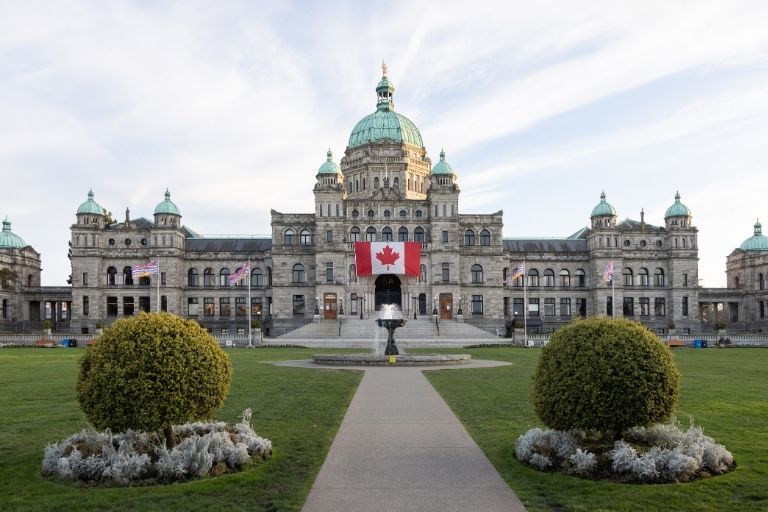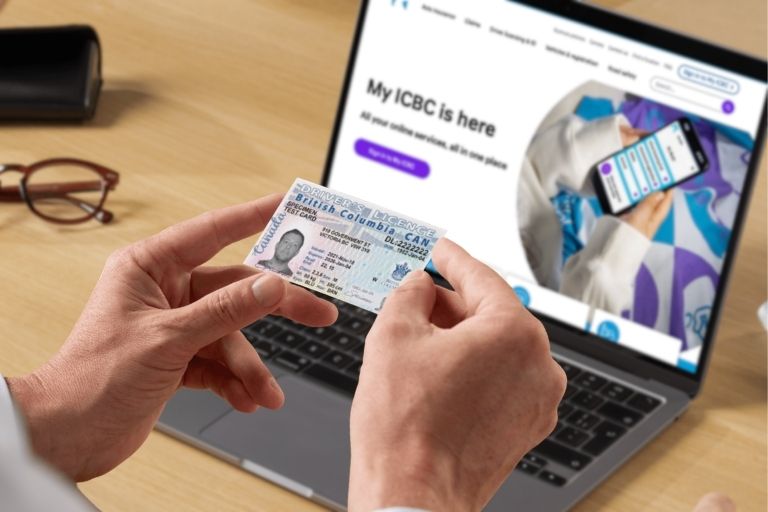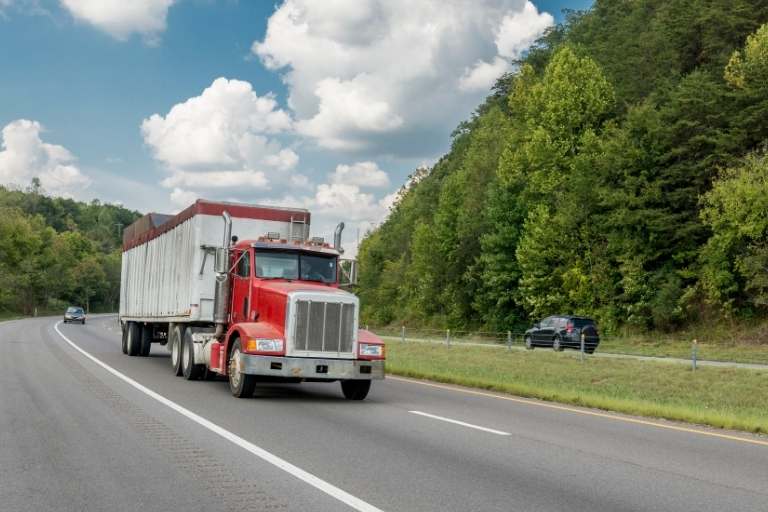
Legislation
Legislation that works for British Columbians
Making life better for people means making our laws work better for people. Strong laws are key to protecting our environment, making life fairer for families, and making sure that our economy works for everyone. We’re working every day to make our province a better place to live, work, and raise a family by making life more affordable, improving the services people count on, and creating good jobs in every part of the province.




